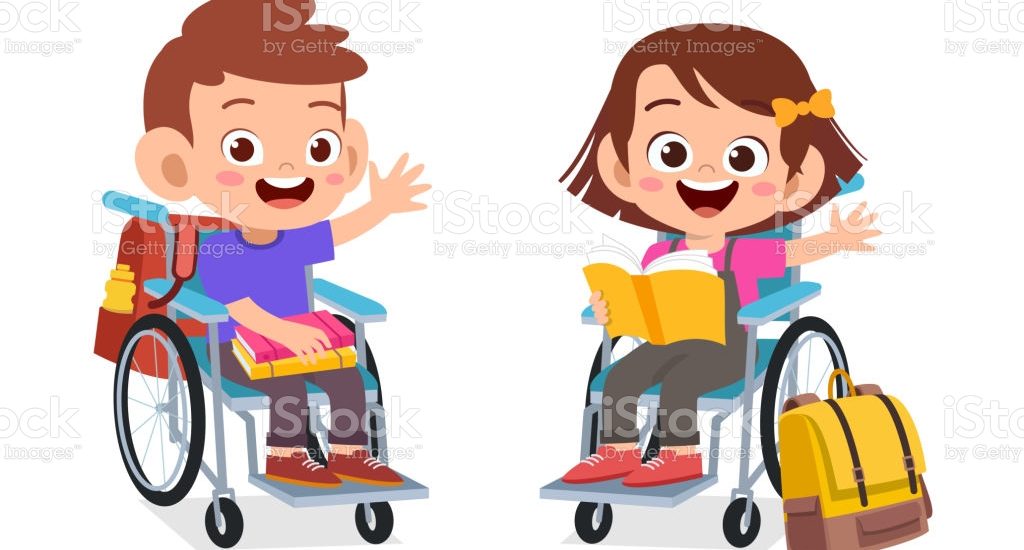
افراد توانیاب هنگام تلاش برای دستیابی به خدمات بهداشتی با موانع مختلفی از جمله موارد زیر روبرو می شوند:
هزینه های گزاف خدمات بهداشتی و حمل و نقل: مقرون به صرفه نبودن خدمات بهداشتی و حمل و نقل دو دلیل اصلی است که نشان می دهد چرا افراد توانیاب از مراقبت های بهداشتی مورد نیاز در کشورهای کم درآمد برخوردار نیستند. بالغ بر نیمی از افراد توانیاب، در مقایسه با حدود یک سوم از افراد بدون معلولیت، قادر به تامین هزینۀ مراقبت های بهداشتی نیستند.
دسترسی محدود به خدمات بهداشتی: خدمات رسانی مناسبی برای افراد توانیاب ارائه نمی شود. تحقیقات بسیاری حاکی از آنست که نیاز افراد توانیاب در زمینۀ مراقبت های بهداشتی به دلیل در دسترس نبودن خدمات، به ویژه در مناطق روستایی و دور افتاده، برآورده نمی شود.
موانع فیزیکی: دسترسی ناهموار به ساختمان ها (بیمارستان ها و مراکز درمانی)، تجهیزات پزشکی غیرقابل دسترس، نشانه گذاری های ضعیف، درگاه های باریک، پله های داخلی، سرویس های بهداشتی نامناسب و پارکینگ های غیرقابل دسترس موانعی را در دسترسی به تسهیلات بهداشتی ایجاد می کنند. به عنوان مثال، زنانی با مشکلات حرکتی اغلب نمی توانند به غربالگری سرطان سینه و دهانۀ رحم دسترسی پیدا کنند چرا که میزهای معاینه اغلب از قابلیت تنظیم ارتفاع برخوردار نیستند و تجهیزات ماموگرافی تنها مناسب زنانی است که از توانایی ایستادن برخوردارند.
فقدان دانش و مهارت ناکافی کارکنان بخش های بهداشتی: افراد توانیاب بیش از دو برابر، مهارت ارائه دهندگان خدمات درمانی را برای پاسخگویی به نیاز خود ناکافی گزارش کرده اند، بیش از چهار برابر در معرض بدرفتاری کارکنان خدمات درمانی قرار دارند و بیش از سه برابر احتمال دارد که از مراقبت محروم شوند.
منبع:
https://www.who.int/news-room/fact-sheets/detail/disability-and-health
Barriers to healthcare
People with disability encounter a range of barriers when they attempt to access healthcare including the following:
Prohibitive costs: Affordability of health services and transportation are two main reasons why people with disability do not receive much needed healthcare in low-income countries. Just over half of people with disability are unable to afford healthcare compared to about a third of people without disability.
Limited availability of services: There is a lack of appropriate services for people with disability. Many studies reveal high unmet needs for healthcare among people with disability due to unavailability of services, especially in rural and remote areas.
Physical barriers: Uneven access to buildings (hospitals, health centers), inaccessible medical equipment, poor signage, narrow doorways, internal steps, inadequate bathroom facilities, and inaccessible parking areas create barriers to healthcare facilities. For example, women with mobility difficulties are often unable to access breast and cervical cancer screening because examination tables are not height-adjustable and mammography equipment only accommodates women who are able to stand.
Inadequate skills and knowledge of health workers: People with disability were more than twice as likely to report finding healthcare provider skills inadequate to meet their needs, four times more likely to report being treated badly, and nearly three times more likely to report being denied care.
Resource: https://www.who.int/news-room/fact-sheets/detail/disability-and-health


